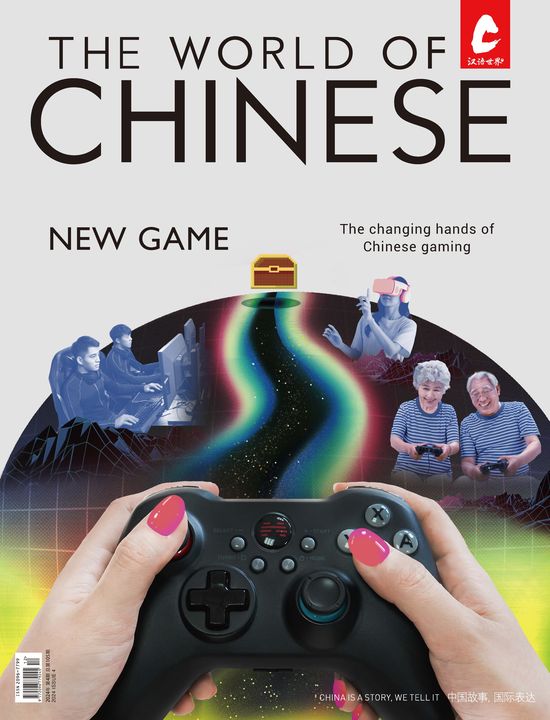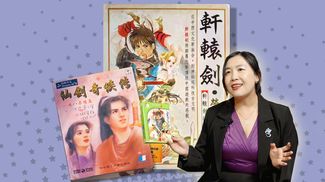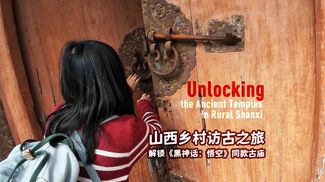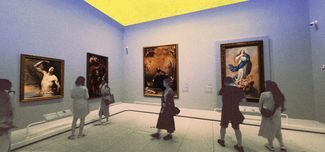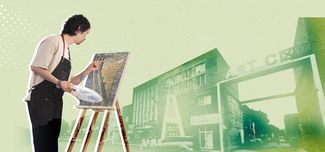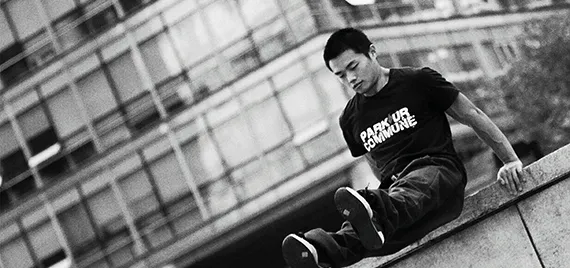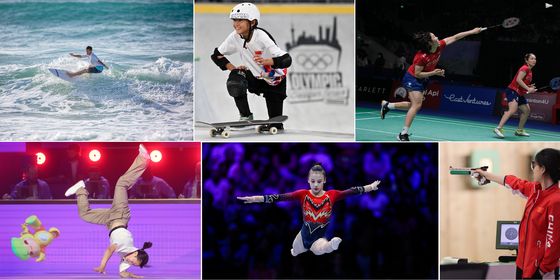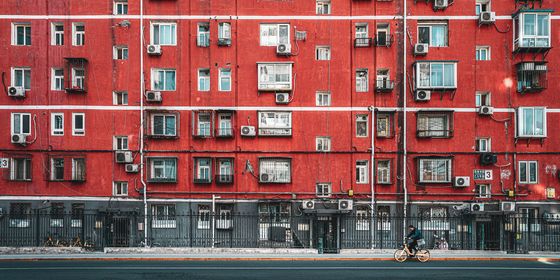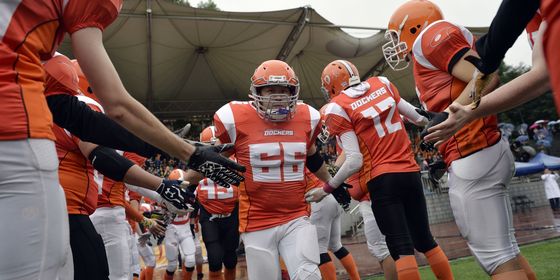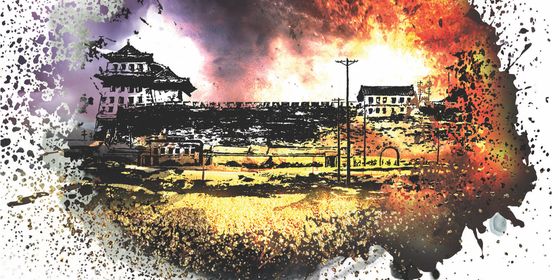An interview with Gao Ke, founder of the Beijing Parkour Community
YOU ARE THE FOUNDER OF BEIJING PARKOUR COMMUNITY, BUT YOU PREFER TO REFER TO YOURSELF SIMPLY AS “A TRAINER”. WHY IS THAT?
My job is just to teach people how to train themselves, and calling myself “a trainer” makes things easy and clear. When I refer to myself as the founder of something, it creates a distance between me and others that I don’t want.
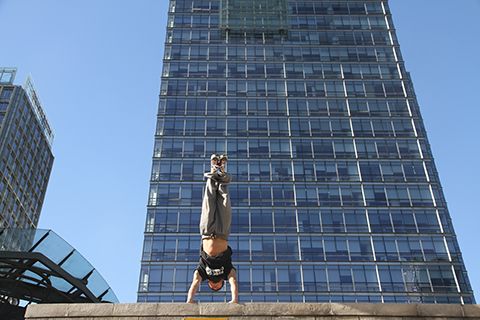
CAN YOU TELL US MORE ABOUT THE BEIJING PARKOUR COMMUNITY?
Right now, the community is semi-professional—by that I mean about half of the people in the community are professional traceurs (parkour practitioners). I never did anything to try to change the community for the better or impose any rules on our members, but in the past few years I’ve been really impressed by how it has grown and transformed on its own. Everyone on the team is maturing and bettering themselves, and everyone has taken to the community as a family. This is because, in the process of training, the members can feel a profound interaction, something we built between one another. As a result, the community started to run itself on a good system quite naturally. The community is not commercial in any way; it’s just home to people who are having fun doing parkour, and we are quite independent with our own work. I’ve received a lot of commercial proposals from running this community, but I’d rather keep it as it is. We won’t go commercial unless our members find some common goals and are willing to partner up. The only thing that matters is that everyone in this community is happy. Other than that, it doesn’t need any management to guarantee its vitality and future growth.
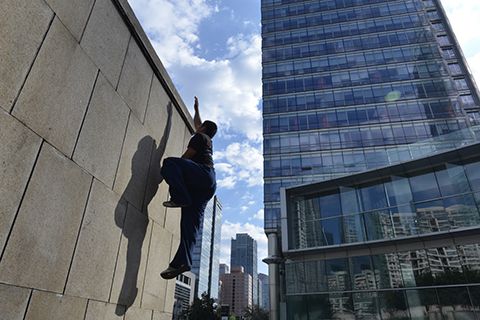
WHY DID YOU START DOING PARKOUR?
I started working out in a gym in 2001. However, gradually I discovered that the gym was not my thing. It didn’t solve my problems. My understanding of being strong is to be agile, natural, and relaxed. I got big by working out, but my body became stiff and unbalanced, and my life felt in conflict, both inside and outside. When I first saw a video of parkour, I regretted not knowing about it earlier. For me, it embodies the childlike freedom I sought after in my subconscious.
WHAT DO YOU MEAN BY “CHILDLIKE”, A WORD YOU FREQUENTLY USE IN YOUR BLOGS? WHAT CHILDLIKE QUALITIES DO YOU THINK ADULTS SHOULD LEARN?
A child does not have ideas about right or wrong, nor does a child know what should be done and what shouldn’t. A child only feels, knows, and accepts; children don’t discriminate or overly attach themselves to things. This is what I call childlike. Adults, on the other hand, suffer pain and confusion of the mind as a result of their discriminations and obsessions. I believe one’s physical movements are reflections of one’s inner world. If an adult is sensitive to their own movements and the minor things happening in one’s everyday life, one will wake and better understand the obsessions that have been causing pain to the body and mind. By becoming aware of these obsessions and learning to let them go, an adult will return to the state of a child again. If we cannot return to that state, it just means we are way too confused.
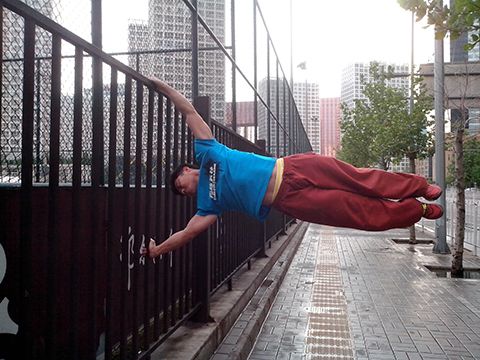
IN YOUR BOOK THE CITY IS A GYM: PARKOUR AND BODYWEIGHT TRAINING (《城市就是健身房》), YOU MENTIONED THAT YOUR TRAINING METHODS CAME FROM STUDYING THE MOVEMENTS OF YOUR INFANT SON. HOW SO?
Yes, in my training I borrowed a lot from the baby’s movements. When I first started parkour training, I realized that a lot of people cannot even stand properly, and that’s because they cannot sit properly, and in the end, I found that they cannot even crawl properly. It is effective to mend their bodies’ imbalances and improve agility by teaching them how to crawl again.
…….
“Childlike Freedom” is a story from our latest issue, “Startup Kingdom”. To continue reading, become a subscriber and receive the full magazine. Alternatively, you can purchase the digital version from the iTunes Store.
